One of the better films to come out of Clint Eastwood’s long directorial late period, the courtroom drama Juror #2 turns an unlikely premise rich with fidgety, noirish guilt into a thorny moral dilemma. The juror of the title is Justin Kemp (Nicholas Hoult), a lifestyle magazine writer and recovering alcoholic with a baby on the way who’s been called in for jury duty in a murder case. As the prosecutor and the public defender make their opening statements, a queasy realization forms in his mind: The date, location, and basic facts of the case line up perfectly with a rainy night a year earlier when he had gone to the same roadhouse bar where the defendant and the victim were last seen arguing before they both stormed off. Later, while driving home across a bridge, he hit something in the dark. It was near this spot that the victim’s mangled body was found the next morning.
Could it be that no murder has been committed—that it was Justin, and not the accused, who unwittingly killed the victim in a freak accident? Experiencing increasing levels of paranoia, Justin seeks out the legal advice of his AA group leader (Kiefer Sutherland), a good-natured lawyer who charges him a token buck for attorney-client privilege. Considering Justin’s version of events, he lays out the possible outcomes. If Justin can’t talk his fellow jurors into a unanimous “not guilty” verdict, then the process will end in a mistrial and there will be a new jury that will almost certainly send an innocent man to prison for life. If he tells the truth, then he himself will face a serious prison sentence for vehicular homicide. It doesn’t matter that he had resisted the urge to relapse that night and gone home sober; his prior history of drunk driving accidents is damning enough.
That leaves only one option: Convince the rest of the jury of the defendant’s innocence without letting on what he really knows about the case. But would that really be justice? Is Justin really trying to prove someone else’s innocence, or escape responsibility for his own actions? Complicating matters further is his growing self-identification with the defendant (Gabriel Basso): Like Justin, he’s a guy with an unflattering past who’s begging for a second chance. There are also the growing suspicions of the jury’s other holdout (J.K. Simmons), a retired-homicide-detective-turned-florist who knows lazy police work when he sees it, and the prosecutor (Toni Collette), who initially seems like one of Eastwood’s politicking caricatures, but develops doubts about her own case as the jury deliberation keeps dragging on. Everyone, it seems, is trying to hold on to some principles in an imperfect system.
It all makes for a fascinating inversion of the theme of momentary heroism and resolve that has long been a concern of Eastwood’s, producing some of the finest films of his late period (like the underappreciated Sully) and the worst (15:17 To Paris). While many of the 94-year-old director’s more recent films have felt creaky and thrown together (his self-reflexive starring roles in The Mule and Cry Macho come to mind), Juror #2 is unassumingly involving, moving confidently and cleanly through what is basically a psychological story by focusing squarely on the characters. (The very able cast certainly helps.) To all appearances, it’s a solid, unpretentious piece of work, but like some of Eastwood’s more ambitious classics, it centers its murky moral contradictions without contriving a way to resolve them.
Director: Clint Eastwood
Writer: Jonathan Abrams
Starring: Nicholas Hoult, Toni Collette, J.K. Simmons, Chris Messina, Cedric Yarbrough, Zoey Deutch, Kiefer Sutherland
Release date: November 1, 2024

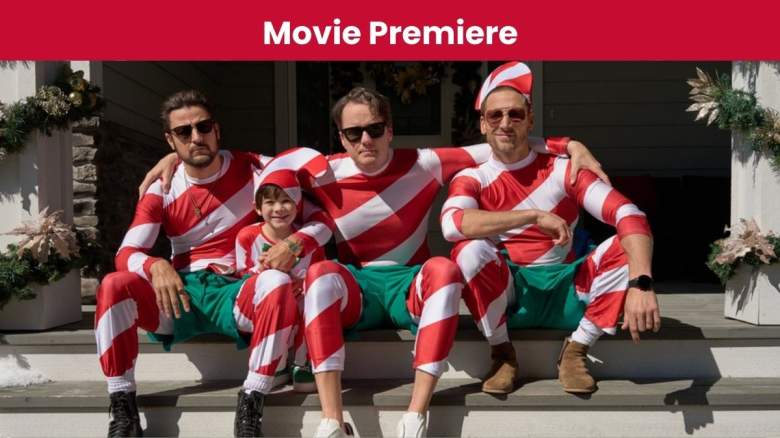
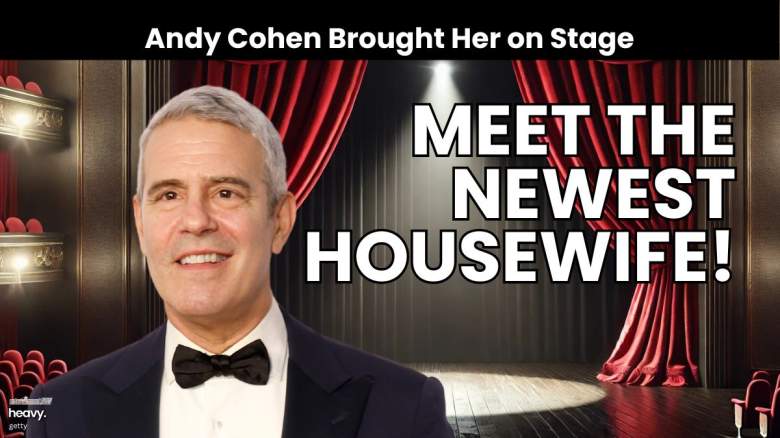

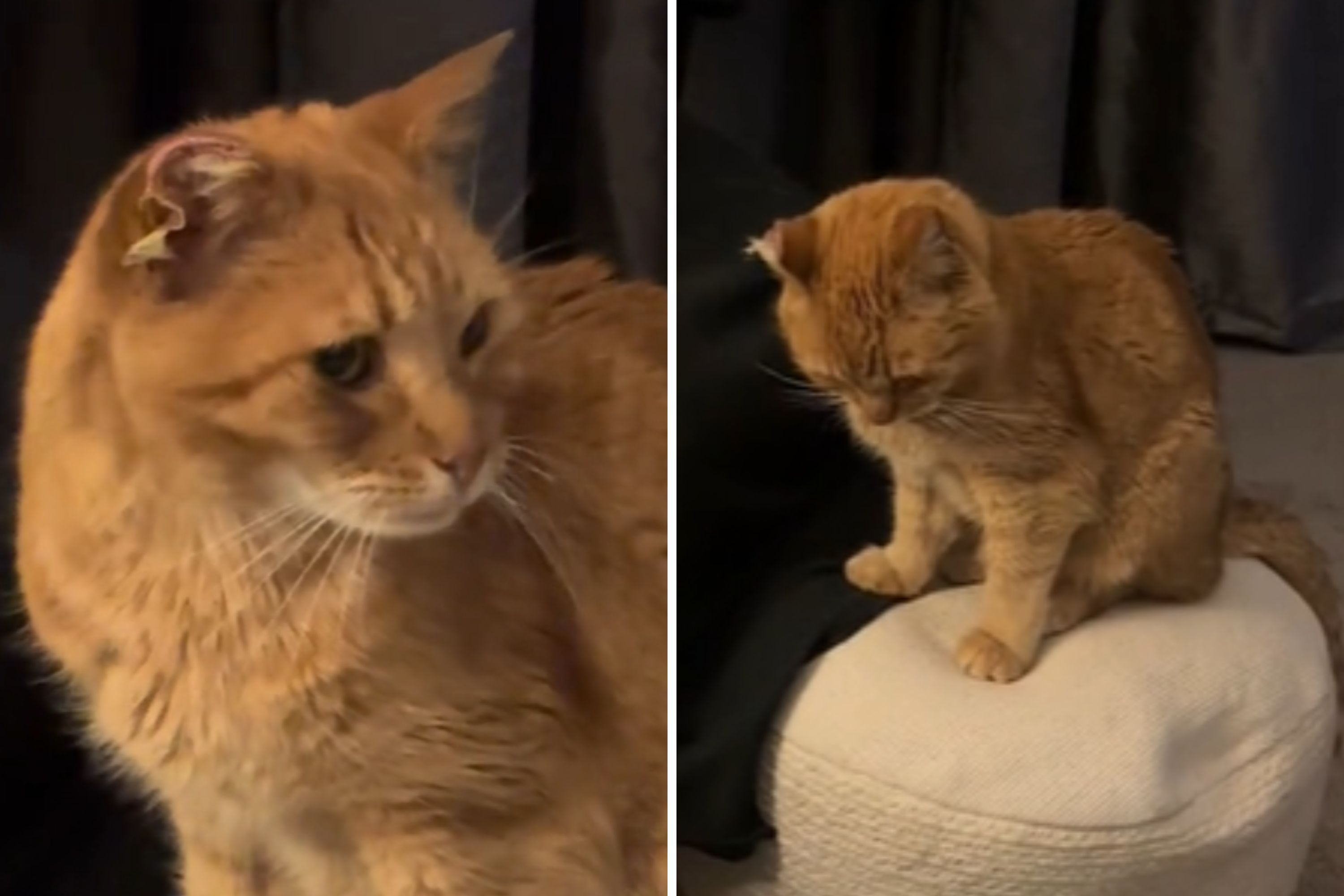

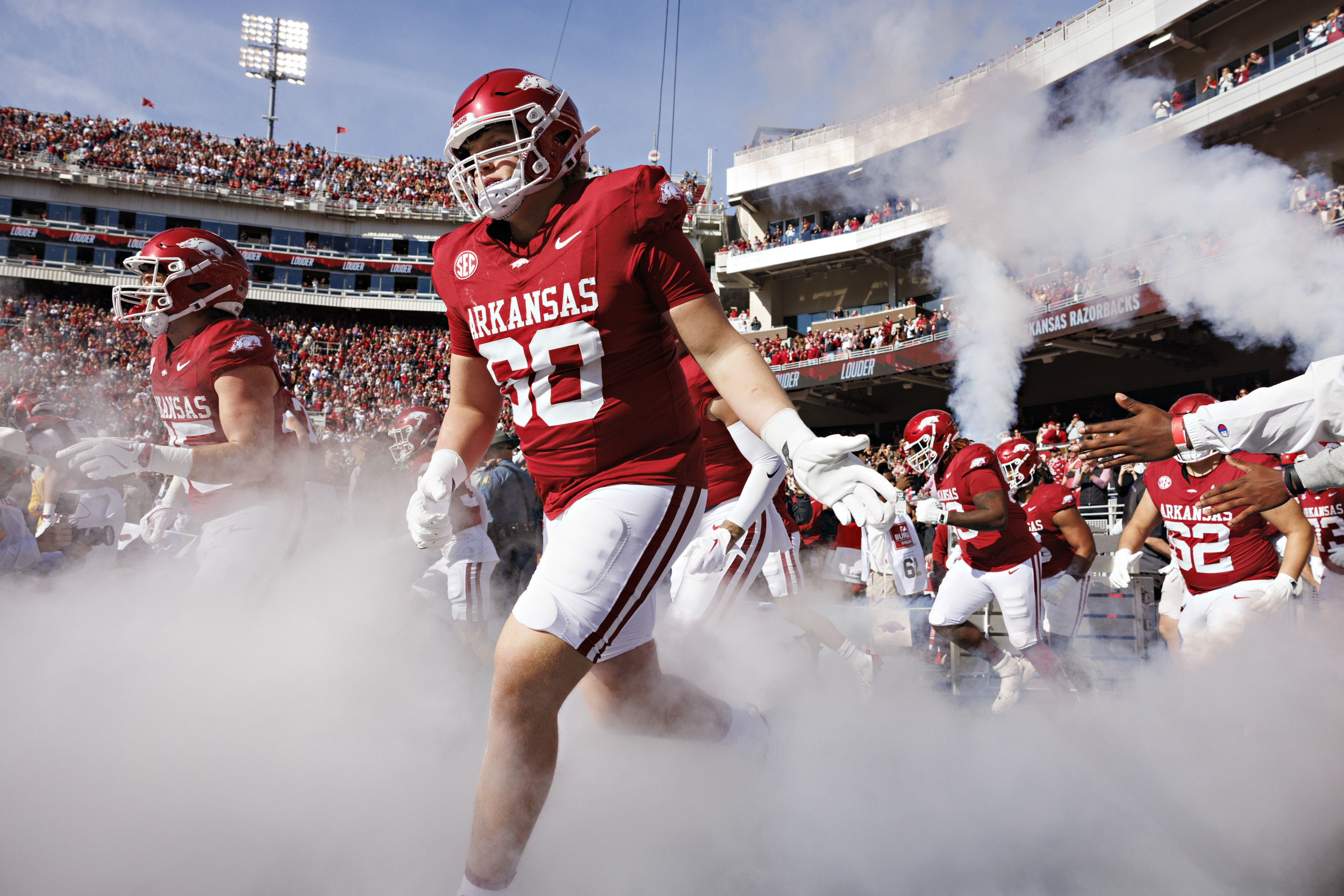

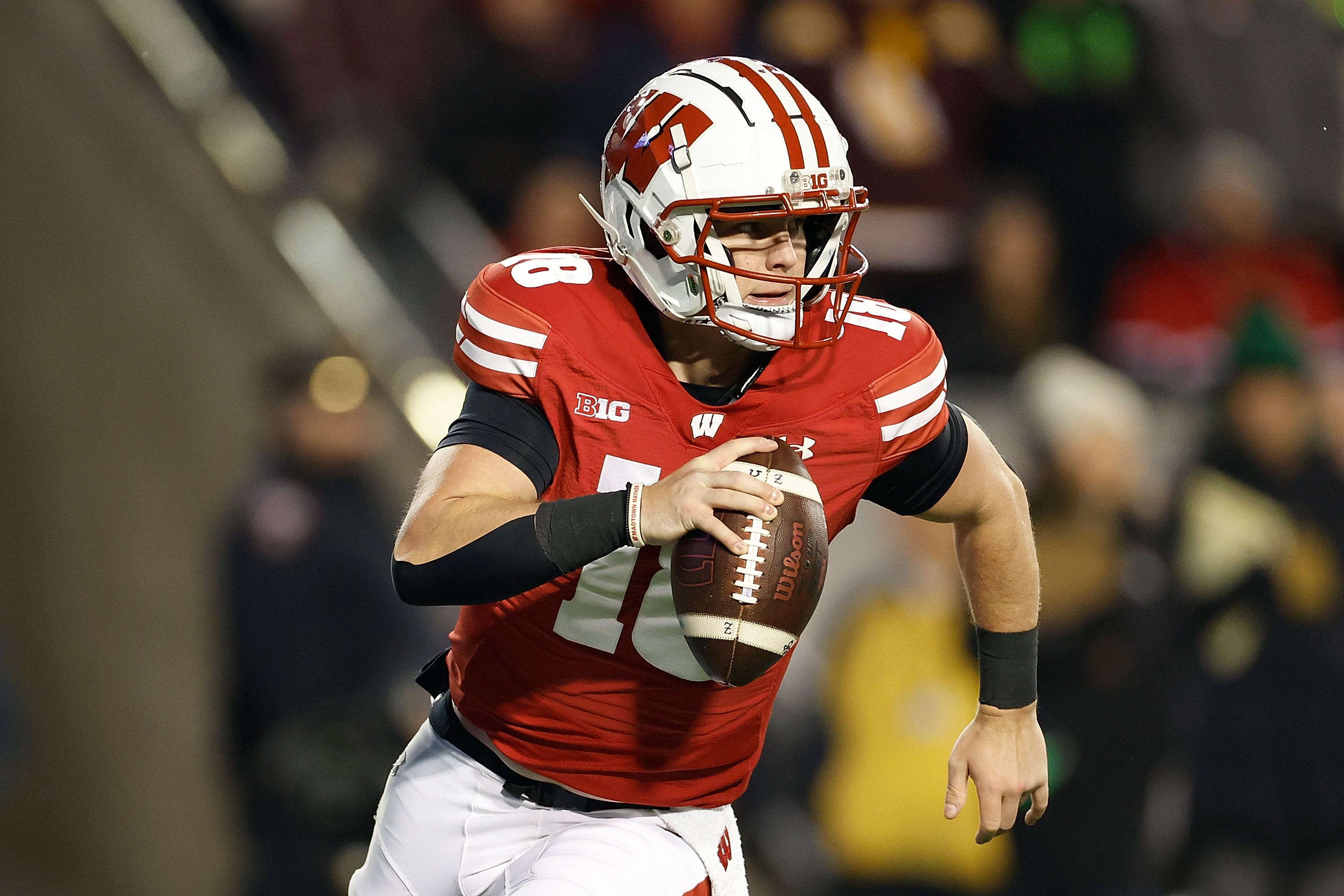











 English (US) ·
English (US) ·